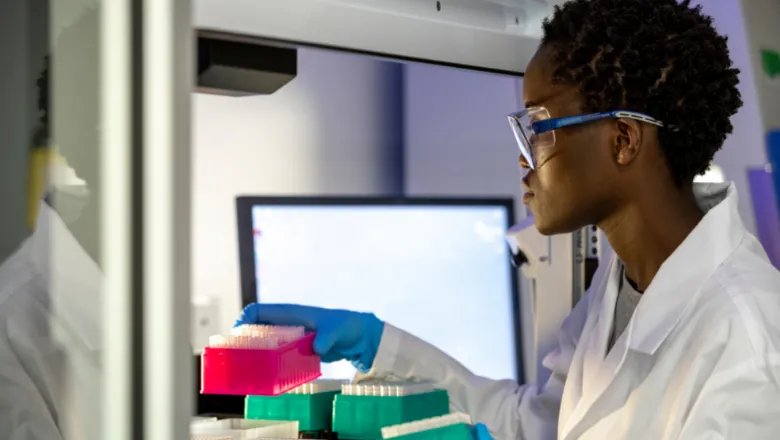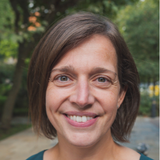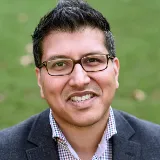19 January 2022
Significant international divide in cancer care and research outcomes during the COVID-19 pandemic
New findings show a significant gap in research funding between high-income and low-/middle-income countries (LMICs), with a majority of LMICS also lacking guidelines for cancer care in a COVID-19 context.

The COVID-19 and Cancer Global Taskforce, led by Professor Richard Sullivan of the Global Oncology Group in the School of Cancer & Pharmaceutical Sciences, has been looking at the future of global cancer research in light of the pandemic and whether countries were adequately prepared in mitigating the impact of COVID-19 on cancer care.
The Taskforce has found that, despite the importance of national cancer research for delivering affordable, equitable and high-quality patient outcomes, there is massive asymmetry in the distribution of global research.
Research published in Lancet Oncology found that just nine countries produce 70% of the world’s cancer research. Furthermore, despite their wealth, high income countries do very little to support global cancer research in low- and middle-income countries (LMIC).
The UK, for example, only publishes 4% of its work with authors from LMIC settings. As the pandemic progresses countries are losing staff and reducing their financial headroom to support cancer research. If there is not a concerted effort to redress this then for many LMIC’s, the future of their national cancer research systems looks bleak.
Equally concerning has been the finding, revealed by Professor Nirmala Bhoo-Pathy and her colleagues in Malaysia, that less than 20% of LMI countries had some form of locally formulated guidelines or recommendations to ensure continuity in delivery of cancer care during the COVID-19 pandemic. This is despite nearly two years of experience providing cancer care in a pandemic context.
This finding reflects the fact that, for many countries, COVID-19 pandemic control has come at the expense of cancer control. This problem has also been highlighted by new data showing that patients around the world are being diagnosed late, having their treatments delayed or cancelled, and are increasingly paying for treatment out of pocket.
The work of the Taskforce continues to be a crucial source for high level policy makers as it feeds into both national and international (WHO/UN) systems. 2022 will see an expansion of the Taskforce, and further work analysing the impact of the Omicron variant on cancer control around the world.



